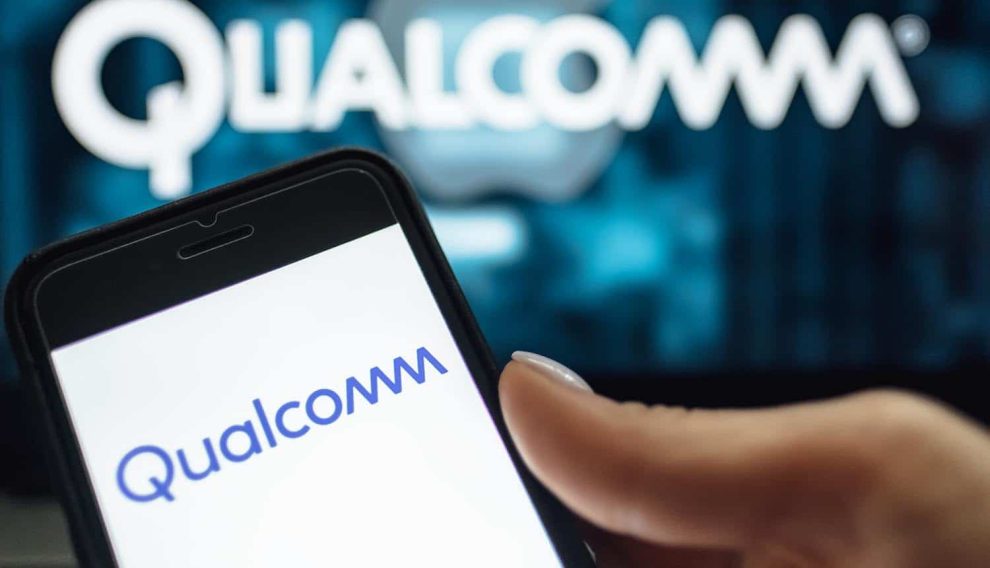Chipmaker Qualcomm confirmed on Monday that hackers have been exploiting a previously unknown security flaw in dozens of its chipsets. This zero-day vulnerability, found in popular Android devices, has potentially left millions of users worldwide exposed to targeted cyberattacks.
The security flaw, officially designated as CVE-2024-43047, was confirmed by Qualcomm to be under “limited, targeted exploitation.” This technical jargon essentially means that sophisticated hackers have been actively using this hidden weakness to attack specific targets.
Dr. Elena Rodriguez, a cybersecurity expert at Stanford University, explains the significance: “A zero-day vulnerability is like finding an unlocked back door that nobody knew existed. It’s particularly dangerous because it gives attackers free rein before anyone realizes there’s a problem.”
The discovery of this vulnerability wasn’t the work of Qualcomm alone. In fact, it was a collaborative effort involving some of the most respected names in cybersecurity.
Google’s Threat Analysis Group, known for investigating government-backed hacking attempts, first raised the alarm. Their findings were then corroborated by Amnesty International’s Security Lab, an organization at the forefront of protecting civil society from digital surveillance.
Mark Thompson, a senior researcher at Google’s Threat Analysis Group, shared via a secure video call: “We noticed unusual patterns in some targeted attacks. Further investigation led us to this previously unknown vulnerability in Qualcomm’s chips.”
The gravity of the situation becomes clear when looking at the numbers. Qualcomm’s advisory lists a staggering 64 different chipsets affected by this vulnerability. Among them is the flagship Snapdragon 8 (Gen 1) mobile platform, which powers dozens of popular Android phones from major manufacturers like Samsung, Motorola, OnePlus, Oppo, Xiaomi, and ZTE.
-1.webp)
Sarah Chen, a mobile technology analyst, puts this into perspective: “We’re talking about potentially millions of devices worldwide. The Snapdragon 8 series alone is in countless high-end smartphones across multiple brands.”
While the technical details are alarming, it’s the human impact that truly brings home the severity of this situation. Julia Ramirez, a privacy advocate, expressed her concerns: “This isn’t just about technology. It’s about people’s lives, their privacy, and their security. Anyone using these affected devices could be at risk.”
Amidst the crisis, Qualcomm is scrambling to contain the damage. Catherine Baker, a spokesperson for the company, stated: “We commend the researchers from Google Project Zero and Amnesty International Security Lab for using coordinated disclosure practices. This allowed us to develop and roll out fixes for the vulnerability promptly.”
According to Baker, fixes have been available to Qualcomm’s customers since September 2024. However, the onus now falls on Android device manufacturers to push these patches to end-users.
With the ball now in their court, Android device manufacturers face the crucial task of delivering these security patches to millions of users worldwide.
John Lee, a software engineer at a major Android device manufacturer (who spoke on condition of anonymity), shared the challenges they face: “Pushing out updates to such a vast number of devices isn’t straightforward. We have to ensure compatibility across multiple models while maintaining user experience. It’s a delicate balance between speed and stability.”
Despite the swift response, many questions remain unanswered. Who exactly was behind these attacks? What were their motives? And perhaps most importantly, who were the targets?
Hajira Maryam, a spokesperson for Amnesty International, hinted at forthcoming revelations: “We will have research about this vulnerability due to be out soon. The implications of these targeted attacks are significant, especially for vulnerable populations and human rights defenders.”
This incident serves as a stark reminder of the ever-present threats in our interconnected world. Dr. Alex Fong, a professor of cybersecurity at MIT, offers some perspective: “What we’re seeing here is the new normal in cyber warfare. State-sponsored actors and sophisticated cybercriminal groups are constantly probing for these kinds of vulnerabilities. It’s a cat-and-mouse game with incredibly high stakes.
As the dust settles on this revelation, the tech community is already looking ahead. What can be done to prevent such vulnerabilities in the future?
Lisa Nguyen, a senior software architect at a leading cybersecurity firm, suggests: “This incident underscores the need for more robust security testing, especially in hardware components. We need to think several steps ahead of potential attackers.”
For users, the advice is clear: keep your devices updated. As Baker from Qualcomm emphasized, “We strongly encourage users to apply security updates as soon as they become available from their device manufacturers.
The discovery of this zero-day vulnerability in Qualcomm chips is a sobering reminder of the ongoing challenges in cybersecurity. While the immediate threat appears to be contained, the incident highlights the critical importance of collaboration between tech companies, researchers, and human rights organizations in identifying and addressing these hidden dangers.
As I wrap up my reporting from Qualcomm’s headquarters, the mood is one of cautious optimism. The crisis may have been averted for now, but in the ever-evolving landscape of cybersecurity, vigilance remains the watchword.
















Add Comment